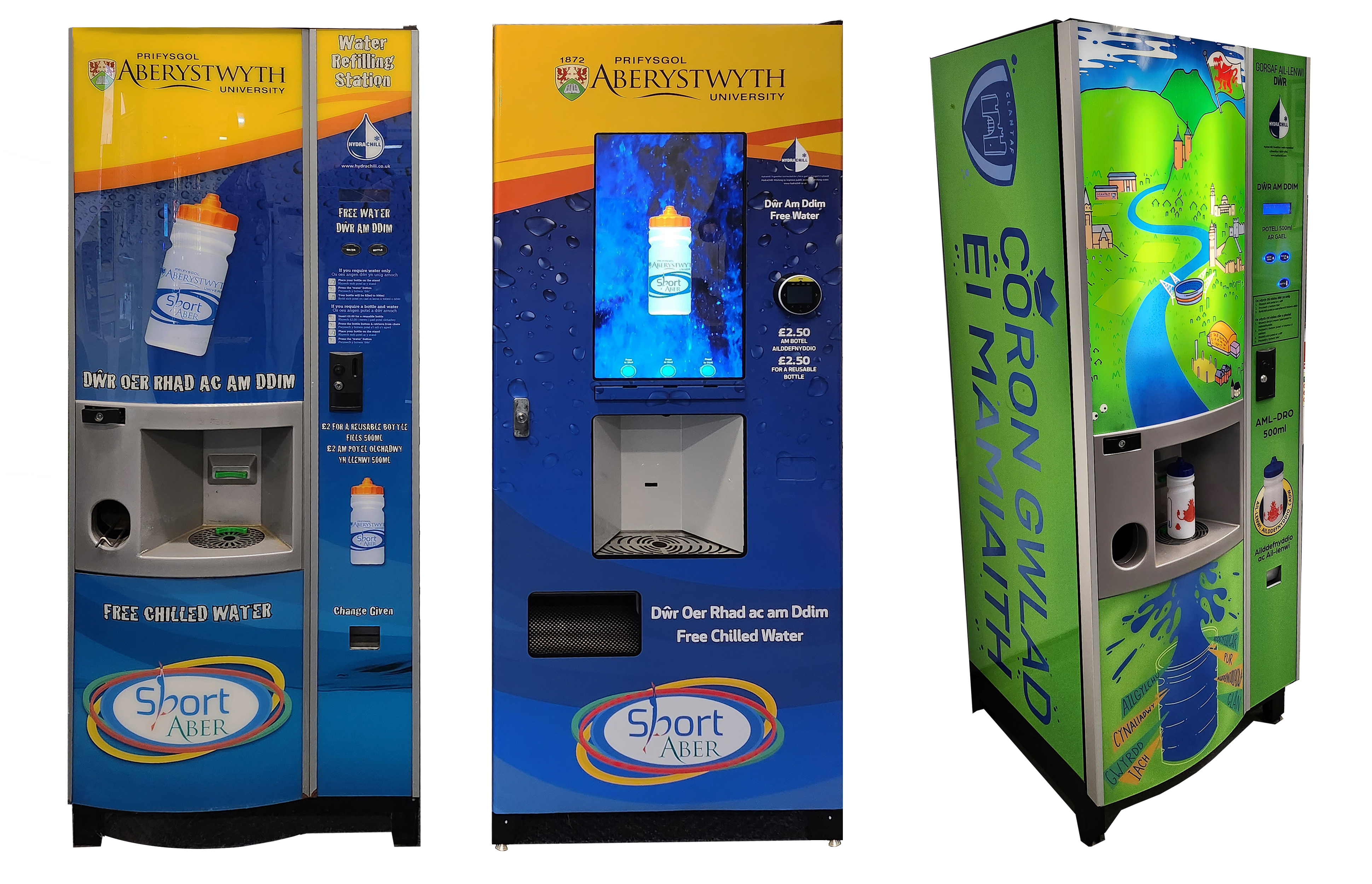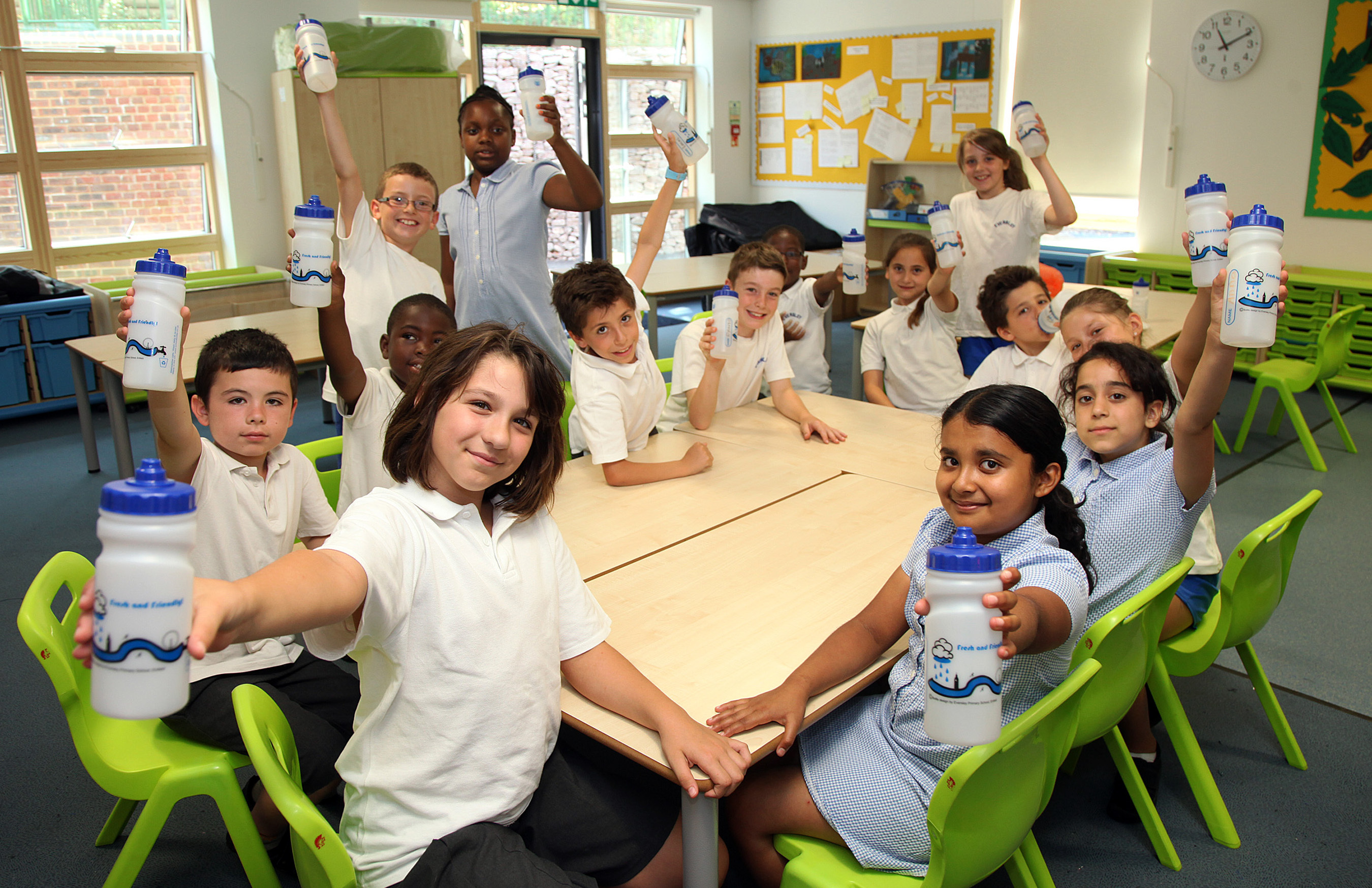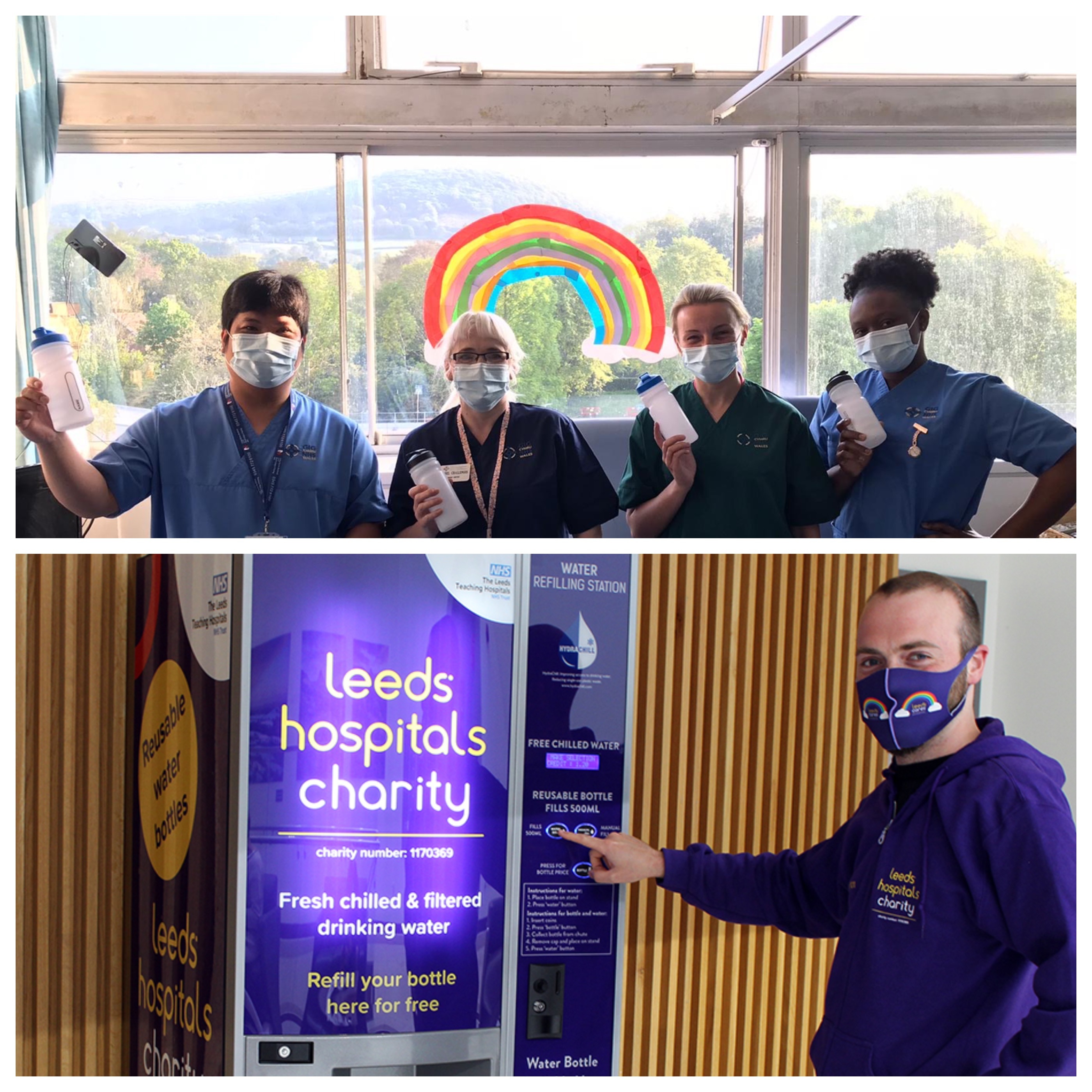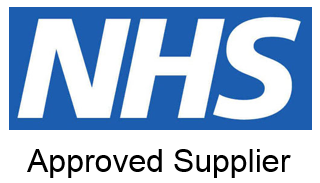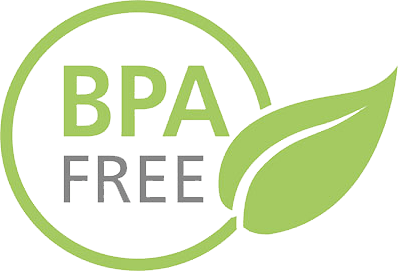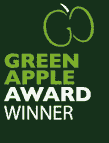“Ugh!”… We’re all familiar with the expression and contorted face of someone unexpectedly sipping the wrong cup of sweetened tea or coffee.
Had you noticed that the people who react to the sweetness are quite often those who at one time could not have enjoyed the same drink without a spoonful or two of sugar?
Ex smokers reacting in dismay to cigarette smoke is another example. Kicking a habit can eventually lead us to wondering why we formed it in the first place, since the alternative now seems so obviously better, especially where improved health can be factored in.
Sometimes as with the public smoking ban, it takes a form of legislation to stimulate change to first the habit and then attitudes. Incredible to think society once reasonably tolerated drinking and driving, now considered highly anti-social. Or who would believe that fastening family car seatbelts was once optional?
So news of the UK Governments intentions to impose a sugar tax on sweet drinks from 2018 should be welcomed, since it’s now clear that our bodies aren’t designed to happily absorb excessive levels of refined sugar and that help is needed to change the habit, which eventually helps change tastes and then demand.
After all, it wasn’t always this way with sugar. In 1700, the average person consumed about 4lbs of sugar per year. By 2010 more than 50 per cent of Americans were addictively consuming that same amount in little over a week, with the trend having long-since reached our shores.
The well-publicised health ramifications of refined sugar intake are manifest in growing levels of obesity, diabetes and heart disease. University research even revealed that 100 grams of sugar (equivalent to that found in a typical litre of soft drinks), can impair our immune system for up to 5 hours - sugar competes for space in our white blood cells with the Vitamin C necessary to help counter bacteria and viruses.
So, our craving for sugar has a lot to answer for. Not least historically of course, “White Gold” became the engine of a slave trade that saw more than 10 million Africans forcibly removed to the sugar plantations of the New World, many through UK ports. My goodness how attitudes can change, with legislative help at first.
Now whilst we’re not quite claiming to be William Wilberforces, you might still conclude “they would say all that as advocates of tap water.” Indeed we would and are proud to have been the first in our industry to say it. So, next time you take a refreshing swig from one of our bottles, just imagine your probable reaction if that nice cool water was laced with sugar. Ugh?!

